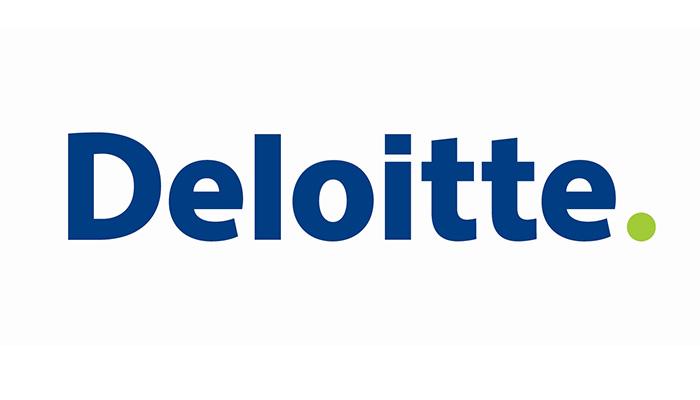
Deloitte: Growth potential for Islamic Sukuk financing in Europe
The gap between the spending needs of developing countries and the pressure on financial institutions to carefully monitor their credit exposure in order to optimize their capital management driven by regulatory constraints on solvency, is creating opportunities for more diversified products of alternative funding. Considering promoting the Islamic bond (Sukuk) market is on top of the agenda of credit risk management, thus creating room and greater opportunities of growth for Islamic products of asset based or backed instruments.
This context provided the background for the Deloitte and IRTI-IDB Group executive workshop, “The corporate Sukuk market in Europe: mapping the pathway for an alternative financing”, recently held in London. The event attracted strong attendance from senior executives in the financial service industry, as well as Sharia’ scholars, auditors, lawyers and professional development & education institutions.
“This Deloitte event provided a valuable platform for discussion among regulators, policy-makers and practitioners on the challenges and opportunities for corporate Sukuk and its growth prospects in Europe,” said Hatim El Tahir, Director of the Deloitte Islamic Finance Knowledge Center in the Middle East. “It fits with Deloitte’s Islamic thought leadership program strategy of engaging industry stakeholders in issues of market development and practices.”
The day-long program focused on five key practice areas: the regulatory and policy environment for the Sukuk market in Europe; making the markets for Sukuk issuance in Europe; Sharia’, legal and rating considerations; driving value through practice harmonization; addressing the skills gap and developing talented leaders. It was delivered by professionals from Deloitte, INCEIF, Henley Business School, IRTI-IDB Group, DDCAP Group, CISI, The CityUK and industry experts.
Discussed during the program, was Deloitte’s flagship thought leadership report, “Corporate Sukuk in Europe: alternative financing for large and mega investment projects”, which examines the different aspects of potential Sukuk growth in the European corporate context. The study is based on an innovative approach to Islamic financial research, involving extensive outreach and dialogue with the industry leaders’ community, academia and prominent Islamic finance thought leaders.
The report looks at key European countries in terms of their existing regulatory framework for Sukuk issuance and potential for growth in these markets. A number of European states have introduced laws and regulations to facilitate the growth of the Sukuk market. The most prominent issue in Europe to date took place in Britain and raised £200 million. It was significantly oversubscribed by 10 times the amount raised, attracting investors from the UK, Middle East and Asia.
“The need from European corporate to finance long-term projects that require large capital upfront is challenged by the scarcity of debt finance. At the same time, there is a need from Middle Eastern and Asian investors with funding capacity for Sharia’-complaint assets in maturing economies. This correlation between the needs of European corporates and investors in the Middle East and Asia points to strong potential for initiation of Sukuk products and market. However, this is subject to the existence of the right regulatory and legal frameworks to ensure protection to investors, and apply the right governance and risk management over deployed funds, thus creating an opportunity to let it develop and grow in a market that is active and liquid,” said Joe El Fadl, partner and Financial Services Industry leader at Deloitte Middle East.
The Deloitte report provides a number of case studies of possible scenarios in which Sukuk could be applicable to certain industries in European countries. Sukuk are used to finance specifically designated “socially responsible investment” and holdings of Sukuk securities are regarded as ethical investments. Germany’s renewable energy sector is one such industry that fits the ethical investment category and whose need for high collateral upfront makes alternative financing such as Sukuk a possible solution.
Some of the findings from the Deloitte’s Sukuk survey include:
- Expansion followed by liquidity appeared to be the top corporate objective for fundraising for corporate professionals participating in the survey.
- 91% of respondents have considered ethical investments in Sukuk.
- 46% of respondents view ethical investments as extremely important to the company, whereas 20% view it as very important.
- 76% of respondents acknowledge that there is adequate professional service providers – in their respective jurisdictions - to facilitate Islamic finance transactions.
- 57% of respondents are more likely to consider Islamic finance transactions such as Sukuk, if its financial reporting is aligned with the treatment of other conventional counterparts.

























